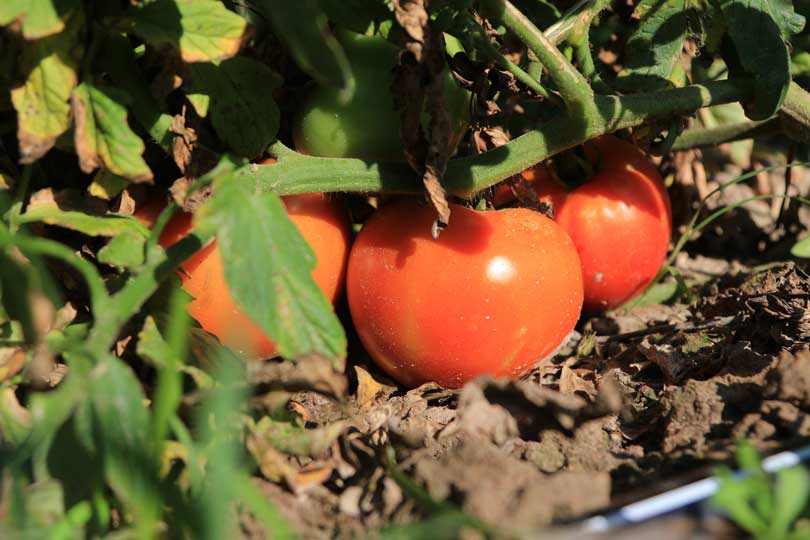By Jessica Domel
Multimedia Reporter
The U.S. Commerce Department has suspended its anti-dumping investigation into allegations Mexican tomato growers and sellers are dumping their product on the U.S. market, undercutting domestic growers.
The Commerce department announced the suspension Sept. 19 as a deal between the department and Mexican growers was finalized.
“(The) successful outcome validates the administration’s strong and smart approach to negotiating trade deals,” U.S. Secretary of Commerce Wilbur Ross said. “The department’s action brought the Mexican growers to the negotiating table and led to a result that protects U.S. tomato producers from unfair trade.”
The deal removes major uncertainties for Mexican growers and their workers, Ross added.
The suspension agreement sets tomato reference prices, closes loopholes from past agreements that allowed tomato sales below the reference prices, includes an inspection mechanism and allows Commerce to audit up to 80 tomato growers in Mexico and U.S. sellers per quarter—more if warranted.
Commerce resumed its anti-dumping investigation into fresh tomatoes from Mexico on May 7 after the 2013 suspension agreement was terminated.
At that point, U.S. Customs began collecting a 17 percent duty on all fresh tomatoes from Mexico.
The duty was set to rise to 25 percent but has since been cancelled altogether as a result of the deal.
According to Commerce, tomato growers across the U.S., including those in Florida, Arizona and Texas, will benefit from the agreement.
The Fresh Produce Association of the Americas (FPAA) said they are gratified a new draft agreement was reached, but they are “profoundly concerned” a provision requires inspections of up to 92 percent of all lots of tomatoes form Mexico at the U.S. border.
“At that level, the inspections are not only unnecessary, they also have the potential to destabilize the U.S. tomato market,” Lance Jungmeyer, FPAA president, said.
The Commerce department reports the 92 percent figure is incorrect. Inspections will occur on closer to 66 percent of all lots.
Some produce packers say the inspections could create a warehousing issue in Texas, especially with a shortage of federal produce inspectors.
Fifty-two percent of Mexican tomatoes come though Texas, according to Dr. Luis Rivera, Texas A&M AgriLife Extension Service economist. About 41 percent come through Pharr with the remaining 11 percent coming through Laredo.
Tomato inspections are expected to begin around six months after the deal went into effect.
The Florida Tomato Exchange supports the agreement, according to The Packer.

